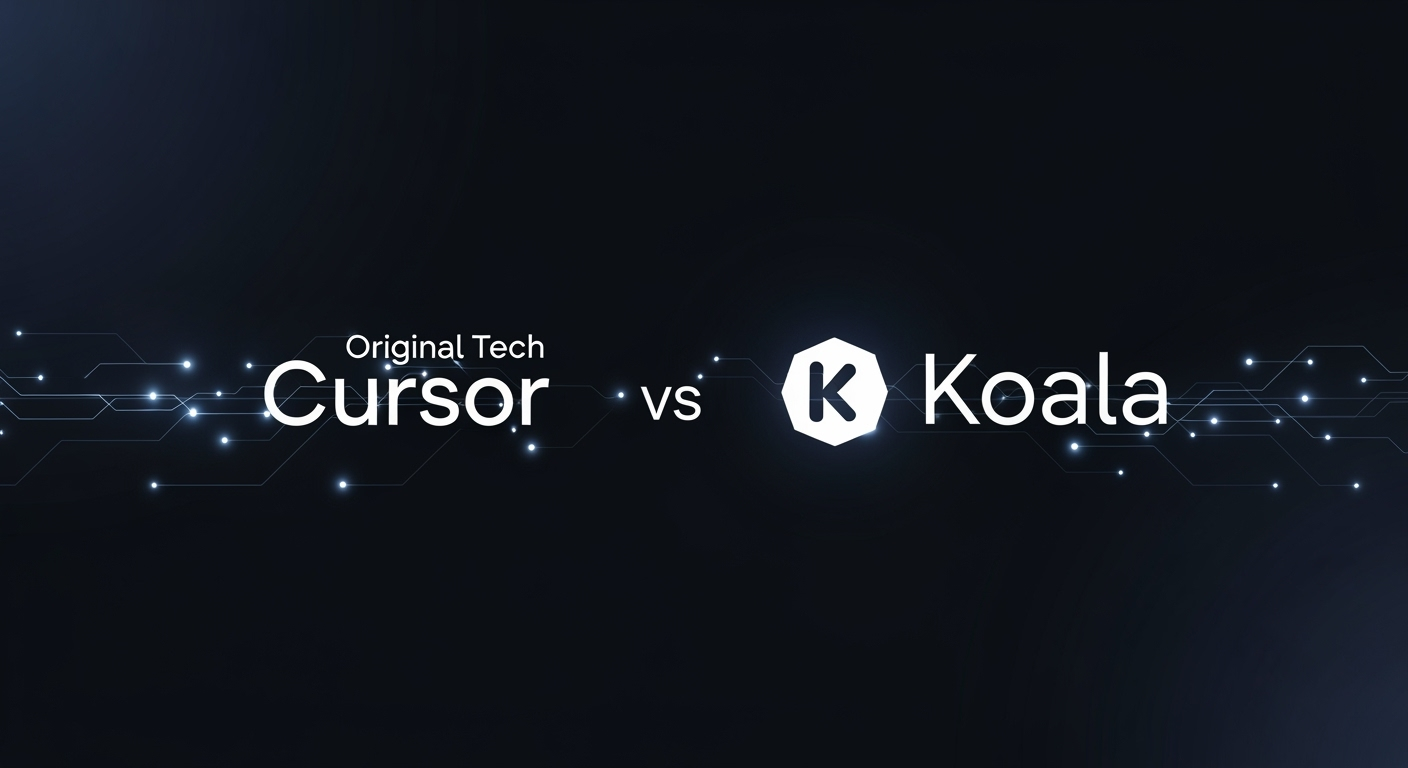Cursor Acquires Koala to Boost AI Coding Tools for Enterprises

Cursor Acquires Koala to Bolster Enterprise AI Coding Solutions
Cursor, the AI-powered coding app that has rapidly gained traction with developers, is making significant moves to strengthen its position in the enterprise market. In a strategic acquisition, Cursor's parent company Anysphere has snapped up top engineering talent from Koala, an AI-driven customer relationship management (CRM) startup. This move is widely seen as an effort to challenge Microsoft’s GitHub Copilot and appeal to businesses seeking advanced AI coding tools for their teams.
What Does the Acquisition Mean?
The acquisition centers on bringing several of Koala’s leading engineers into Anysphere to form a dedicated enterprise-readiness team. Notably, Cursor is not integrating Koala’s core CRM product, and not all Koala employees are making the move. Koala has announced it will shut down operations by September, just five months after a $15 million Series A funding round led by CRV with participation from HubSpot Ventures, Recall Capital, and Afore.
- Koala was nearly four years old at the time of acquisition.
- Had around 30 employees and clients like Vercel, Statsig, and Retool.
- Cursor is focusing on building enterprise features rather than continuing Koala’s CRM business.
Why Is Cursor Making This Move?
The AI coding space is evolving rapidly, with startups like Cursor growing fast enough to rival established giants like Microsoft and Anthropic. While some AI startups have struggled to find lasting product-market fit, Cursor is seizing the opportunity to acquire talent from these companies to fuel its own enterprise ambitions.
Recently, Anysphere also hired Travis McPeak, former CEO of cybersecurity startup Resourcely, to lead its security teams, further highlighting its focus on enterprise readiness and security.
The Race for Enterprise AI Coding Tools
Most enterprises currently rely on Microsoft’s GitHub Copilot, which integrates AI coding capabilities into popular development environments like VS Code and JetBrains. Cursor, on the other hand, is a standalone AI-powered integrated development environment (IDE) and is positioning itself as a strong alternative. In direct comparisons, Cursor often outperforms GitHub Copilot, though Microsoft still dominates the enterprise space due to its established relationships and large-scale support infrastructure.
Cursor has made notable progress in building out its go-to-market and sales teams, with employees actively demonstrating their tools to Fortune 500 companies. As of June, Cursor announced it had reached $500 million in annual recurring revenue (ARR) and is now working with more than half of the Fortune 500, including industry leaders like NVIDIA, Uber, and Adobe. The bulk of this growth is attributed to enterprise contracts.
Competitive Landscape and the Future
Cursor’s expansion comes amid a flurry of activity in the AI coding sector:
- Anthropic is a key partner, providing the AI models that power Cursor’s products. However, Anthropic's Claude Code tool is itself growing fast and could become a serious competitor.
- Google recently acquired the leadership team of Windsurf, another AI-powered IDE competitor.
- Cognition, creator of the AI coding agent Devin, has acquired the remainder of the Windsurf team, strengthening its own platform.
All these developments point to a convergence in the AI coding space: the emergence of AI coding agents designed to automate software engineering workflows end-to-end. Enterprises increasingly see these tools as a way to boost developer productivity and efficiency.
Why the Rush?
AI coding products have quickly achieved widespread adoption and revenue, making them one of the first AI categories to achieve true product-market fit. The current race isn’t just about building the most advanced tool—it’s about scaling enterprise adoption before the market consolidates around a few dominant players.
With heavyweights like Microsoft, Google, and Anthropic all investing heavily, Cursor’s strategy of acquiring talent and building enterprise-ready solutions could be the key to securing its place among the leaders—or risk being left behind if it can’t scale quickly enough.





